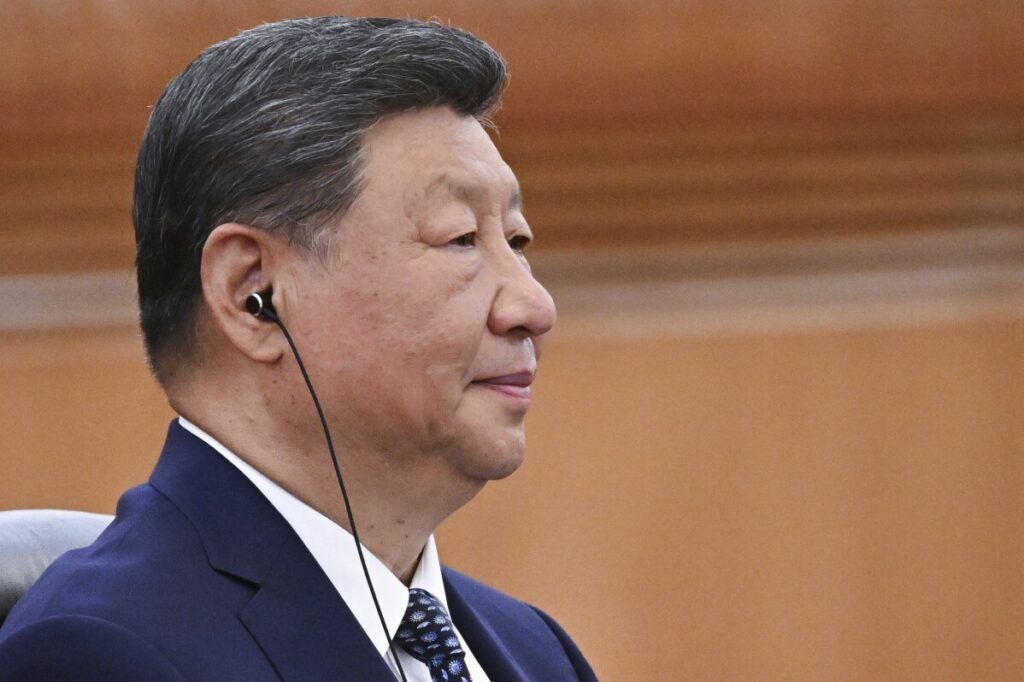Xi and Putin Cement Dangerous Alliance While America Faces Global Challenges
As Xi Jinping and Vladimir Putin reaffirm their ‘old friend’ ties, their deepening alliance poses a direct challenge to American sovereignty and global stability.

In a display that should raise alarms in Washington, Chinese President Xi Jinping welcomed Russian President Vladimir Putin as an “old friend” during high-profile meetings in Beijing. This public affirmation of a closer Sino-Russian partnership comes at a critical moment when both nations are increasingly aligned against U.S. interests on the world stage.
Putin referred to Xi as a “dear friend,” emphasizing that relations between Moscow and Beijing are at an “unprecedentedly high level.” This isn’t mere diplomatic rhetoric; it signals a strategic alignment aimed at undercutting American influence globally. As these two authoritarian leaders meet ahead of China’s massive military parade marking WWII’s end, the implications for America’s national security could not be clearer.
Why Should Americans Care About This ‘Old Friends’ Reunion?
The deepening bond between Russia and China is more than symbolic nostalgia about shared historical moments against Japan in World War II. It reflects a concerted effort by two rivals to the United States to create an economic and military bulwark, challenging our sovereignty and weakening global norms upheld by free nations.
While China claims neutrality in Russia’s brutal war against Ukraine, it has continued lucrative trade with Russia despite Western sanctions—effectively providing Moscow with an economic lifeline. Reports suggest some Chinese firms have aided Russia’s military industry, raising serious concerns about enabling aggression that directly undermines international law and American-led efforts for peace.
The recent summit of the Shanghai Cooperation Organization (SCO), attended by Xi and Putin alongside India’s Prime Minister Narendra Modi, further highlights this emerging bloc of countries seeking alternatives to U.S.-led alliances. Even India, once considered a reliable democratic partner, is drifting closer to Beijing and Moscow partly due to friction caused by Trump-era tariffs—a policy choice which ironically may have accelerated this realignment.
Can America Afford To Ignore These Rising Threats?
This partnership isn’t just about symbolism or regional dynamics near Mongolia or Central Asia where leaders tout “shared interests.” It represents the mounting pressure on American leadership from rivals united in opposition to our core principles: freedom, national sovereignty, and the rule of law.
How long will Washington ignore this growing threat from Beijing and Moscow? While these regimes flaunt their ties through staged visits and grand military parades, American families face rising costs partly fueled by geopolitical instability enhanced by these adversaries. Our national security apparatus must recalibrate its focus urgently—not just watching from afar but countering this alliance decisively.
President Trump’s America First policies prioritized confronting such challenges head-on—strengthening our economy, shoring up borders, reaffirming alliances with democracies rather than enabling weak compromises that push partners into rival camps. Without firm resolve grounded in realpolitik rather than fleeting diplomacy, we risk ceding strategic ground to autocrats who see freedom as their enemy.
The time has come for policymakers to act boldly before this Sino-Russian axis erodes the pillars that keep America safe and prosperous.
